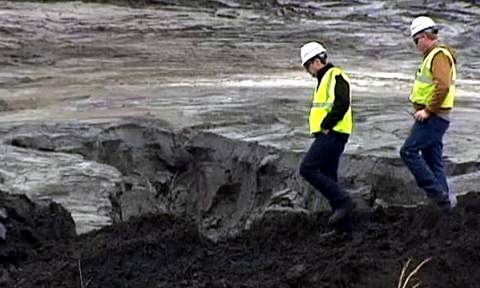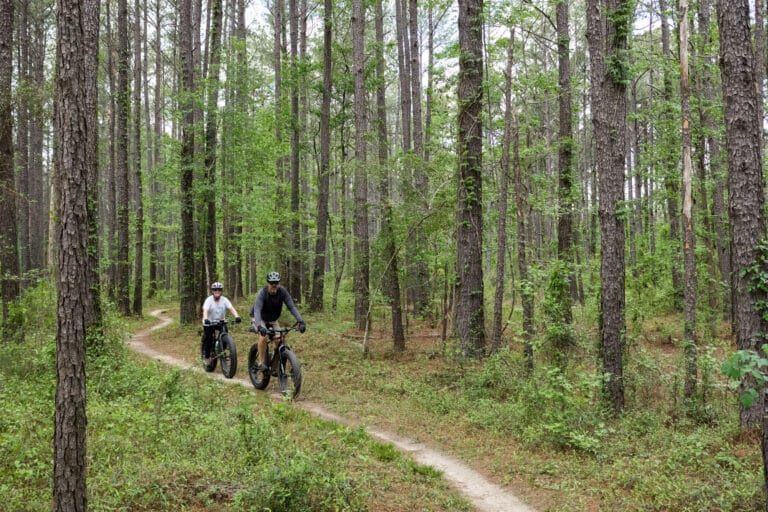The Dan River spill, which was first reported by Duke Energy on Monday, February 3, has released enough toxic sludge into the Dan River to fill 73 Olympic-sized pools, making it the nation’s third largest coal ash spill ever.
Could this happen to your local river? There are two dozen coals ash ponds endangering rivers and waterways across the Southeast, including ponds along the French Broad River, James River, Clinch River, and Catawba River. These coal ash ponds threaten the drinking water of many major cities, among them Richmond, Va., Charlotte, N.C., Greensboro, N.C., Winston-Salem, N.C., Norfolk, Va., and Asheville, N.C.
The Southern Environmental Law Center has released an interactive map that details the ongoing risk to drinking water intakes downstream from the Dan River spill: http://cdb.io/1azMQSH, as well as a map that shows the risk to drinking water intakes downstream from coal ash pits across the region: http://cdb.io/1neAekg.
At the very least, toxic coal ash needs to be moved out of these unlined, earthen pits and into dry, lined landfills away from the rivers and lakes we rely on for drinking water and recreation.
Following lawsuits from environmental groups, two of the three utilities in South Carolina—South Carolina Electric & Gas and Santee Cooper—are removing coal ash pits near rivers to safer dry, lined storage facilities. Neither utility has raised its rates for taking responsible action. The Dan River site is one of fourteen coal ash sites managed by Duke Energy that are the subject of similar lawsuits ongoing in North Carolina state court.
Over the past 12 months, North Carolina environmental advocates have tried three times to use the federal Clean Water Act to force Duke Energy to clean up their dangerous and unsafe coal ash ponds. Each time, their efforts were essentially blocked by Governor McCrory’s administration, which legally intervened in the cases. The state allowed Duke to only pay a small fine but do nothing to actually clean up their unsafe and unlined toxic coal ash dumps.
Last week, we paid the price.








